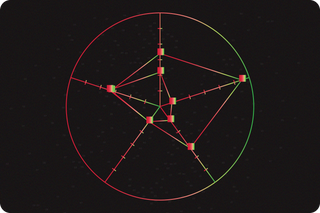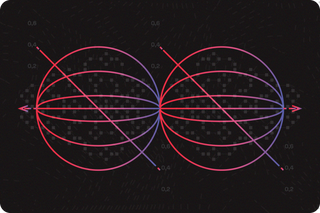Why Protein Matters: The Key To Sustained Energy
Tired of the afternoon slump? Craving a consistent energy boost that lasts beyond a quick sugar or caffeine rush? The answer might be simpler than you think: protein.

Five Ways Protein Powers You Up
1. Steady Energy Release
Unlike carbohydrates, which can lead to rapid energy spikes and crashes, protein provides a slow and steady release of energy. This is because it takes longer for your body to break down protein into amino acids, which are then used as fuel.

2. Enhanced Metabolic Efficiency
Protein has a higher thermic effect of food (TEF) than carbohydrates or fats. This means your body burns more calories during the digestion and absorption of protein, helping to boost your metabolism and energy expenditure.

3. Optimized Blood Sugar Control
Protein helps regulate blood sugar levels by slowing down the absorption of carbohydrates. This prevents the rapid spikes and crashes that can leave you feeling fatigued and irritable.

4. Improved Muscle Function
Protein has a higher thermic effect of food (TEF) than carbohydrates or fats. This means your body burns more calories during the digestion and absorption of protein, helping to boost your metabolism and energy expenditure.

5. Enhanced Cognitive Function
Protein-rich foods provide the amino acids necessary for neurotransmitter production. These neurotransmitters play a crucial role in mood, focus, and cognitive function.
Ideas to Fuel Your Day with Protein
By incorporating protein into every meal and snack, you can experience a significant boost in energy levels, improved focus, and enhanced overall well-being. Say goodbye to energy crashes and hello to sustained energy.
While getting protein from food is ideal, sometimes it can be challenging to meet your daily needs. Vertical Protein Water can help propel you to the finish line to meet your protein goals in one of these delicious ways.*
*To maximize the benefits of protein and maintain overall health, it's important to follow a balanced diet that includes a variety of nutrients, including carbohydrates, healthy fats, vitamins, and minerals. Consult with a healthcare professional or registered dietitian for personalized dietary advice.







